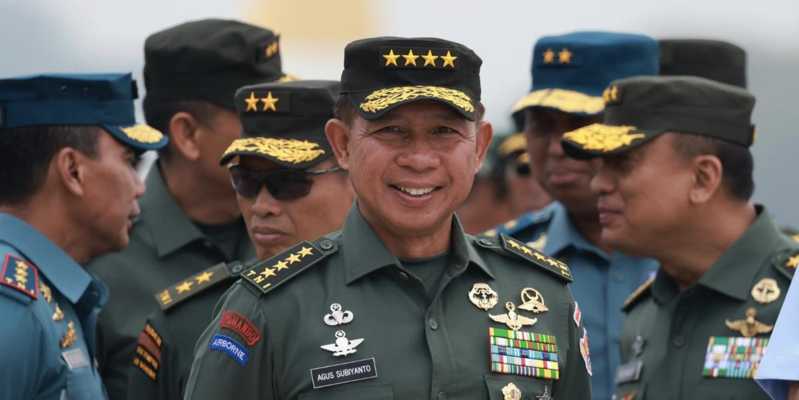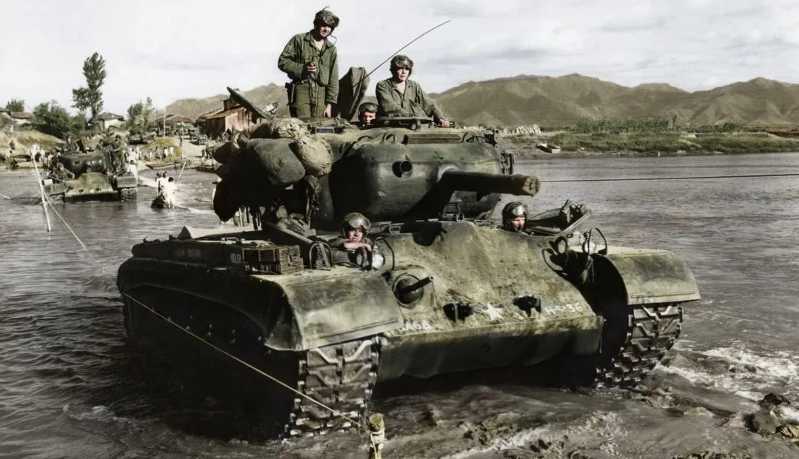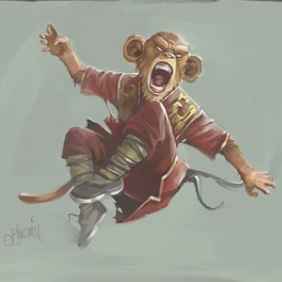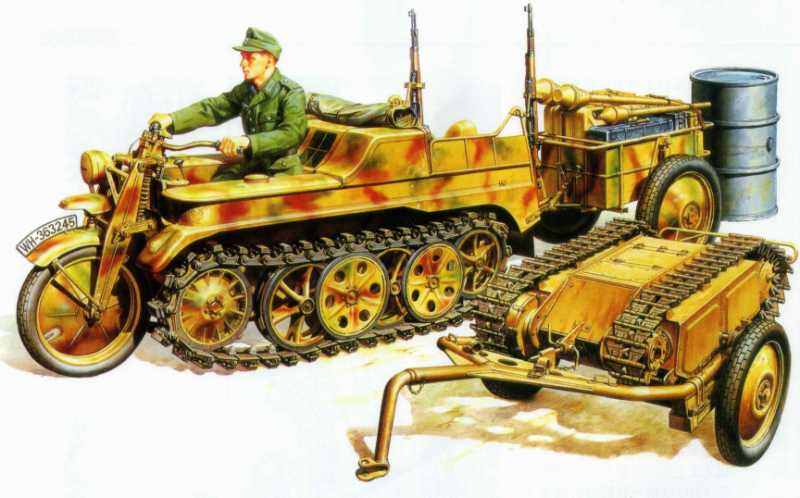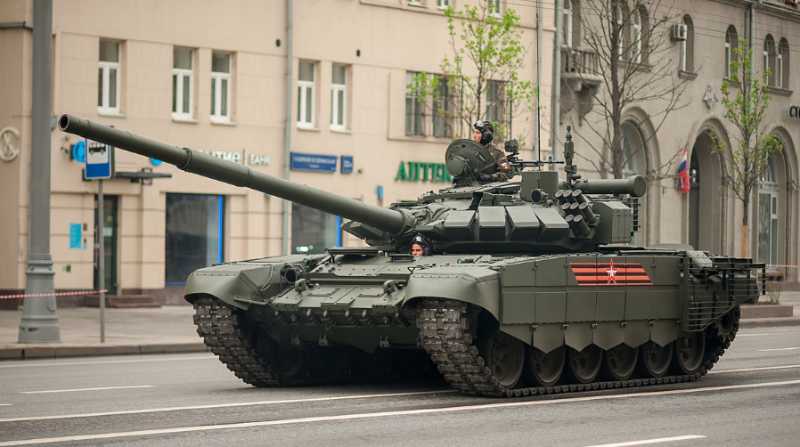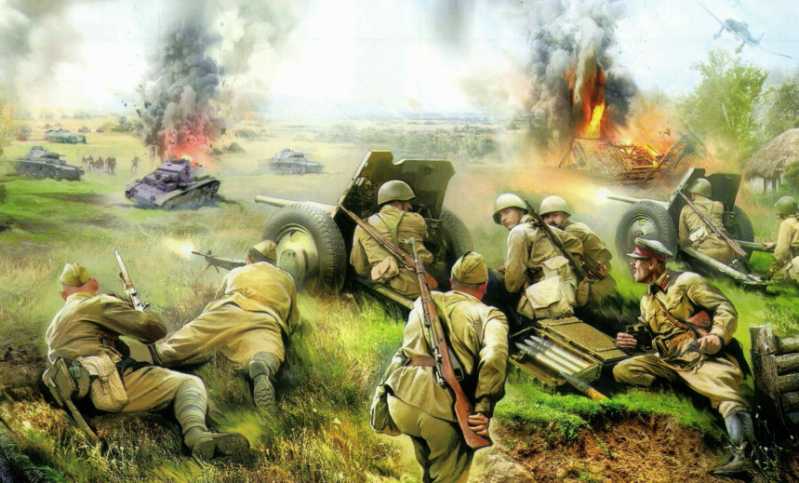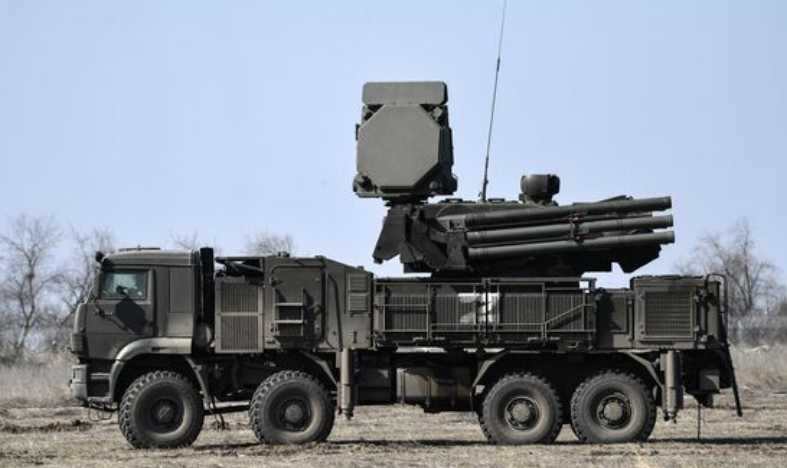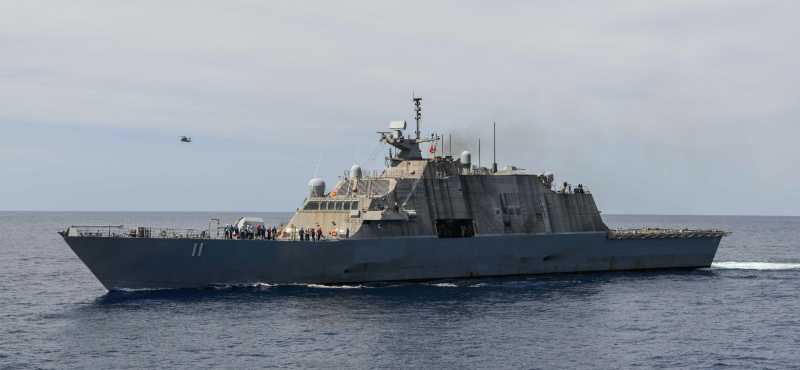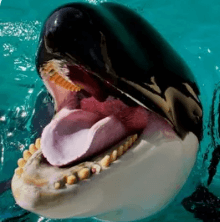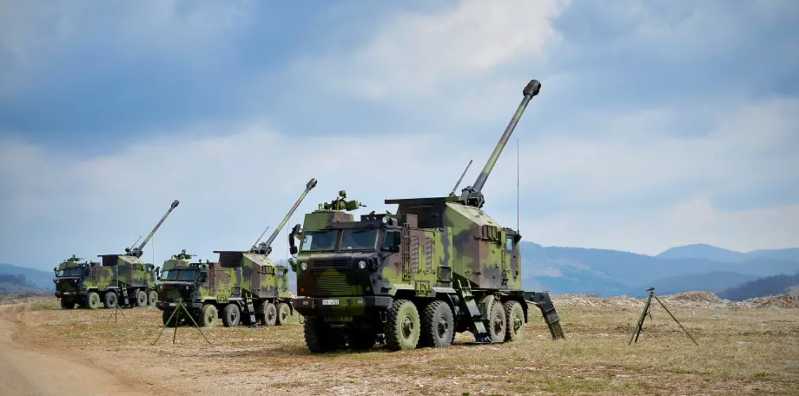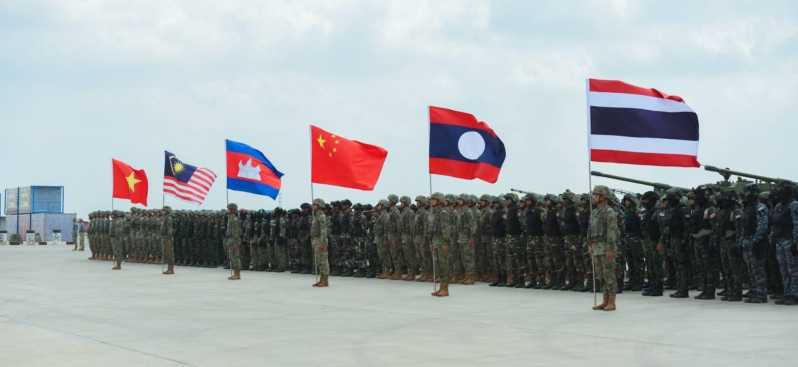On November 22, 2023, Army General Agus Subiyanto replaced the retiring Admiral Yudho Magno as the commander of the Indonesian Armed Forces, becoming the leader of one of the largest armed forces in Southeast Asia that has developed rapidly in recent years. At the beginning of his tenure, Army General Subiyanto started to make "three fires for new officials". On December 1, he presided over the inauguration ceremony of the new Army Chief of Staff Maluri Simanjuntak. Then on December 19, Army General Subiyanto made large-scale adjustments to 183 senior officer positions, including military district commanders, showing the courage and attitude to update personnel work in a drastic manner. At the same time, Army General Subiyanto also stated that he would focus on developing and optimizing the Indonesian army’s network and drone forces in accordance with international strategic changes, and focus on the generation of new quality combat effectiveness of the army. Army General Subiyanto’s appearance as a reformer will inevitably attract widespread attention from the international community.
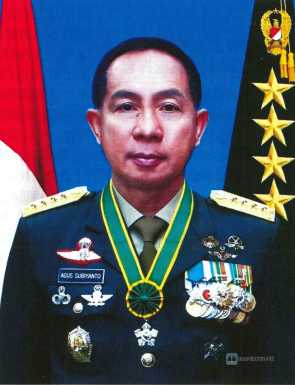
On August 5, 1967, Subiyanto was born in a family of ordinary Muslim soldiers in the town of Baros in the central part of Cima Market, West Java, Indonesia: his father, Dadi Unadi, is a retired sergeant major of the Indonesian Army. After graduating from primary and junior high school in Cima Market, Subiyanto studied in Bandung High School from 1983 to 1986. Under the influence of his father, he was determined to join the army and was admitted to the Indonesian Military Academy (located in Magelang, Central Java) with excellent grades. Subiyanto graduated from the Indonesian Military Academy in 1991 and became an infantry second lieutenant officer. In the end, his achievements far exceeded those of his father and he became the commander of the Indonesian Armed Forces, commanding the army of the largest economy in Southeast Asia (GDP ranked 16th in the world in 2023). Subiyanto is personally wealthy, with personal wealth in bank deposits of up to 1.2 million US dollars, which is considered a high-income group in developing Indonesia.
Like most senior generals in the Indonesian military, Subiyanto has a comprehensive resume throughout his military career, with rich experience in grassroots and agency service. He started as an infantry platoon leader, and later successfully transformed into a special operations officer. He worked at the grassroots and agencies, repeatedly tempered, served as a special operations battalion commander, served as an agency section chief, served as the commander of the Presidential Security Guard, the commander of the Army Military Region, and served as the first deputy chief of staff and chief of staff of the Army. Finally, he became the commander of the Indonesian Armed Forces, commanding the largest economy in Southeast Asia and the third largest army in terms of military strength, which made him have a great influence in the military circles in Southeast Asia and became the key target of the US military in Southeast Asia.
It is reported that the Indonesian armed forces are composed of the army, navy and air force, with a total strength of about 400,000 people, second only to the Vietnamese army (about 480,000 people) and the Myanmar army (about 406,000 people) in Southeast Asia; the equipment is highly modernized. As of January 2024, the active equipment includes 103 German-made Leopard 2 main battle tanks, 18 Turkish-made Harimao medium tanks, and 120 French-made A MX-130 light tanks, 90 British FV101 light tanks, 4 Makassar-class amphibious dock transport ships, 4 Type 209 submarines, 5 Dutch-made Yari-class frigates, 2 Dutch-made Mattatinata-class frigates, 5 Dutch-made Sigma-class light frigates (and 2 French-made Scorpene submarines, 2 British-made Type 31 frigates, and 6 Italian-made European multi-purpose frigates), 33 F-16 fighters, 5 Su-27 fighters, 11 Su-30 fighters (and 42 French-made Rafale fighters and 12 second-hand French-made Mirage 2000 fighters), etc.
Served in the highest position in the army for a long time and became the highest commander of the army
After graduating from the Indonesian Military Academy in 1991, General Subiyanto joined the Indonesian Army Infantry and was awarded the rank of Second Lieutenant in the Army. He served as a platoon leader and began his 32-year service career in the army. The smart and capable Subiyanto soon emerged and was appreciated for his outstanding personal abilities. He was transferred from the ordinary infantry to another elite branch of the army that everyone envied - the special operations force.
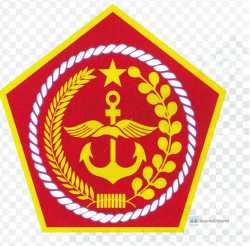
After a series of rigorous special operations training, Subiyanto became a special operations officer. His special operations career began with the elite "Red Berets" of the Indonesian Army (also referred to as the "Indonesian Red Hats"). He served as the captain of the A Operations Detachment of the 3rd Battalion of the Special Operations Command, the battalion commander of the 22nd Battalion of the 2nd Battalion (based in Kartasura, Central Java), and the chief of the Information Department of the Special Operations Command. He has experience in grassroots and agency service. According to relevant information, Indonesia’s special forces play an important role in Indonesia’s political and military life, such as quelling ethnic riots, suppressing separatist militants, and combating terrorism. However, due to the lack of media coverage at home and abroad, Indonesia’s special forces are little known. Among them, the "Red Berets" Indonesian Army Special Forces 81st Detachment is an elite team hidden under the halo. The "Red Berets" are a sharp weapon specially used for anti-terrorist operations in Indonesia, and were established in February 1981. Although the total number of this special forces unit is only 100, it is extremely capable and has received rigorous training at the training bases of the 9th Anti-Terrorism Battalion of the Dein Border Guard, the British Special Air Service Regiment and the US "Delta" Commando. In normal training, all members of the unit wear red berets and black camouflage uniforms, so they are affectionately called "Indonesian Red Hats". In addition to mastering the skills of general special forces, the "Indonesian Red Hats" must also have special skills such as aircraft operation and diving. In addition, they also attach great importance to shooting training. The government spared no expense to build a most modern training ground. In a special shooting room, the team members not only have to practice how to hit the target accurately, but also how to adapt to the changes in the target under various circumstances: sometimes the room is pitch black, sometimes the weak flashlight light is dim, and sometimes the dazzling light flashes quickly. The team members must respond to emergencies within 3 seconds and hit the target cleanly. There is also a circular runway about 400 meters long in the training ground. The team members not only have to run the whole course within 6 minutes, but also have to hit nearly 30 targets that appear around them at any time. These electric targets will suddenly emerge from the ground, move quickly, and rotate continuously, and each exposure time is only 3 seconds. The most astonishing thing is a life-threatening training. This training requires two team members to stand face to face next to the target and then shoot at each other. This is a huge test for the team members’ technical and psychological endurance. Of course, it is precisely because of this almost cruel training that the team members have developed good skills. Being able to continue to be promoted in such an elite force, Subiyanto’s personal qualities and talents are beyond doubt.
Since Subiyanto has experience in special operations and is good at special operations command, he was selected as the commander of the Presidential Security Guard and promoted to Brigadier General of the Army to be responsible for the security of the president. This job brought him into the vision of Indonesia’s top leaders and paved the way for his further promotion.
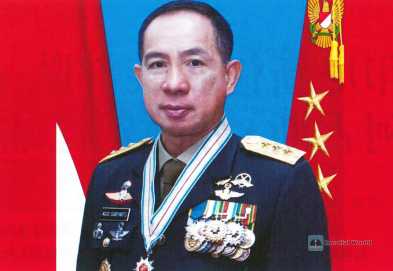
On August 2, 2021, Subiyanto was promoted to commander of the 3rd Army Region and promoted to major general of the army. It is reported that the 3rd Army District is one of the 15 major military districts of the Indonesian Army. It was established on May 20, 1946 and is stationed in Bandung, the fourth largest city in Indonesia, the capital of West Java Province, and known as the "Paris of the East". Its commander is a major general and its chief of staff is a brigadier general. It has the 15th Infantry Brigade, the 300th Assault Infantry Battalion, the 315th Infantry Battalion, the 4th Cavalry Battalion, the 3rd Combat Engineering Battalion, the 3rd and 14th Anti-aircraft Artillery Battalions, the 4th and 5th Field Artillery Battalions, etc. It is strategically located in a very important position and is responsible for the defense of Banten Province and West Java Province, and cooperates with the Air Force and Navy in the jurisdiction to support the capital’s defense operations.
On January 22, 2022, Subiyanto failed in his bid for the position of Commander of the Indonesian Army Strategic Reserve Command, but this setback was of no importance to him, because he soon became the First Deputy Chief of Staff of the Indonesian Army on February 4, 2022, and was successfully promoted to Lieutenant General of the Army, assisting the then Chief of Staff, Army General Dudong Abdurrahman (in office from November 7, 202 to October 25, 2023). On October 25, 2023, Subiyanto succeeded Abdurrahman as the 34th Chief of Staff of the Indonesian Army and was promoted to Army General. From being promoted to Major General to General, Subiyanto was promoted three levels in just over two years, completing an amazing three-step jump, which can be described as "accumulating a lot and then releasing it", which is also very rare in the history of the Indonesian armed forces.
It is reported that the Indonesian Army was established on October 5, 1945, and is stationed in the Gambir District of Jakarta. It has a total strength of about 300,000 troops. It is under the jurisdiction of the Army Strategic Reserve Command (the most important combat command of the Indonesian Army, with 3 divisions), the Regulations Education and Training Development Command, the Special Operations Command, and 15 regional commands. It is mainly responsible for Indonesia’s land combat operations, preventing landing operations from potential opponents such as the Indian and Australian armies, and safeguarding national sovereignty and territorial integrity. On November 3, 2023, he inspected the Special Operations Command Education and Training Center as the Army Chief of Staff.
Served as the Commander of the Armed Forces and coordinated the construction of various services
With the retirement of Admiral Yudo Magono, the former Commander of the Indonesian Armed Forces (in office from December 19, 2022 to November 22, 2023), Army General Subianto replaced Admiral Magono as the Commander of the Indonesian Armed Forces on November 22, 2023. His inauguration ceremony was presided over by President Joko Widodo himself and Defense Minister Prabowo attended. This move marks that Subianto officially became the 23rd Commander of the Indonesian Armed Forces, in charge of the army of the largest economy in Southeast Asia.
It is reported that the Commander of the Armed Forces was established in 1954 and is the highest commander of the Indonesian Army. It is nominated by the President, approved by the Parliament, and appointed by the President. It is usually held by a general who has served as the Chief of Staff of the Army, the Chief of Staff of the Navy, and the Chief of Staff of the Air Force. He reports directly to the Commander-in-Chief of the Armed Forces-the President; according to the Indonesian "Military Law of 2004", the maximum age of the Commander of the Armed Forces is 58 years old. Subiyanto, who was the former Army Chief of Staff, was promoted to the Commander of the Armed Forces, triggering a new round of high-level adjustments in the Indonesian Army. Maluri Simanjuntak (born in 1970) succeeded Subiyanto as the new Indonesian Army Chief of Staff and was promoted to Army General, becoming the first post-70s general in the Indonesian Army. Muhammad Saleh Mustafa succeeded Simanjuntak as the Commander of the Army Strategic Reserve Command and was promoted to Army Lieutenant General, taking charge of the Indonesian Army’s most important combat command.
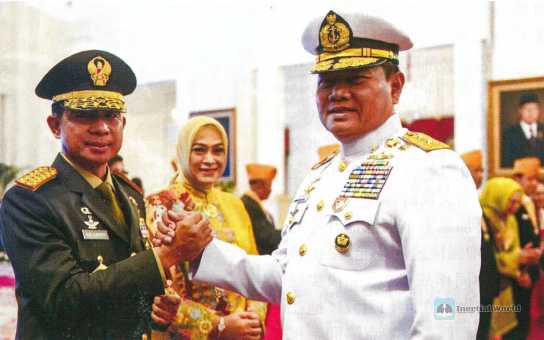
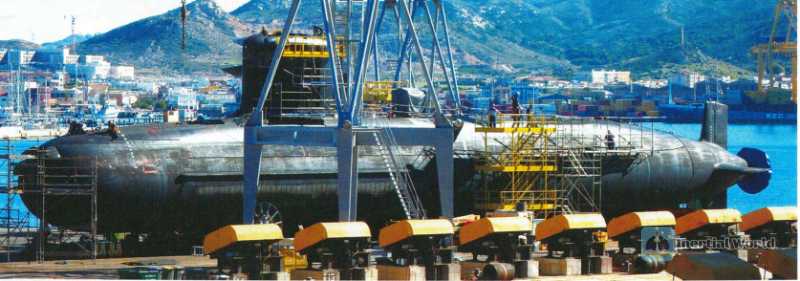
After Suharto stepped down as President of Indonesia, the Commander of the Indonesian Armed Forces was planned to be rotated by senior generals of the Army, Navy and Air Force, but most of the time it was still held by Army Generals. For example, after Suharto stepped down, 6 of the 11 Armed Forces Commanders were Army Generals, 3 were Navy Admirals, and 2 were Air Force Generals. Among them, Widodo Adi Sutipto was the first Navy Admiral to serve as the Commander of the Armed Forces (in office from October 1999 to June 2002). According to Indonesia’s "Military Law of 2004", the maximum age of the commander of the armed forces is 58 years old. Subiyanto, who took office at the age of 56, can serve until August 5, 2025, and his term of office will exceed the previous two (1 year and 32 days, 338 days), nearly 2 years.
As the commander of the armed forces, Subiyanto is responsible for coordinating the construction and actions of various services, supporting the procurement of modern equipment by various services, strengthening combat readiness training and exercises, and actively promoting foreign military exchanges and cooperation. On December 2, 2023, when he attended the meeting of senior generals of the three services, he emphasized that the various services of the armed forces should strengthen military training to improve the level of specialization, enhance rapid response capabilities, enhance the coordinated combat capabilities of various services, and accelerate the modernization of equipment. On January 5, 2024, he inspected the combat readiness training of the Special Operations Command accompanied by Army Chief of Staff Simanjuntak and asked the personnel of the department to strengthen training. In addition, Subiyanto also pays great attention to foreign military exchanges. On January 4, he held video talks with Vice Admiral Meng Yaocheng, Commander of the Singapore Defense Force, and Admiral Aquilino, Commander of the U.S. Indo-Pacific Command, on bilateral military cooperation in the Pacific region. On January 25, he had a phone call with Air Force General Charles Brown, Chairman of the U.S. Joint Chiefs of Staff, to further discuss strengthening military cooperation between Indonesia and the United States.
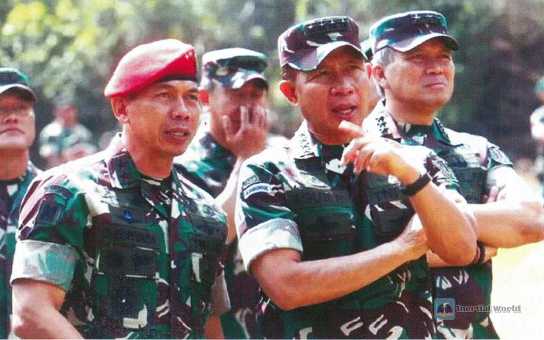
At the beginning, it was mentioned that after Army General Subiyanto took office, he reassigned 183 senior officers on December 1, 2023, focusing mainly on filling strategic positions as a priority. According to this decision, Rear Admiral Julius Wedeyoyono was appointed as the Chief of the Navy Staff, and Brigadier General Nugraha Gumilar, who had previously served as the Chief of the Army Staff, replaced Wedeyoyono as the Director of the Propaganda Center. In addition, several military district commanders also accepted job transfers. Major General Wedi Prasetyono, who previously served as the commander of the 4th Military District, was appointed as the commander of the Army Doctrine, Education and Training Command. Major General Tandeyo Buddy Livita was transferred to the commander of the 4th Military District. Major General Totok Imam, who previously served as the director of the Ministry of Defense Education and Training Bureau and the commander of the 14th Military District, was appointed as the director of the Graduate School of the National Defense University, and Bobby Linar Makmun was appointed as the commander of the 14th Military District. Air Force Brigadier General Donny Enmawan Taofanto was appointed as a senior adviser to the Air Force Headquarters, and Lieutenant General Erko Marchiono was appointed as the deputy director of the National Defense Research Institute.
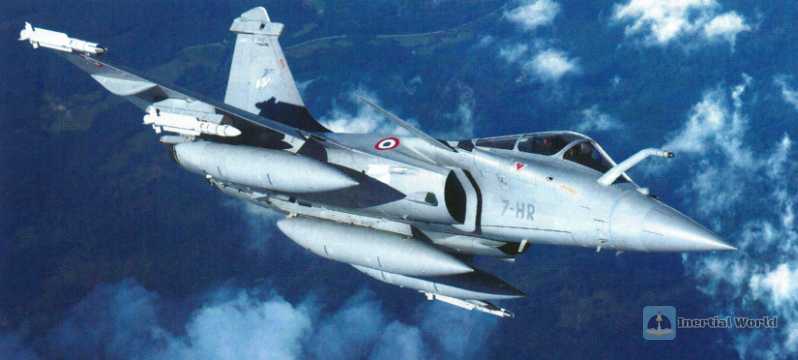
In addition to large-scale personnel adjustments, Commander-in-Chief Subiyanto stated that Indonesia’s network and drone forces will be strengthened. He said: "We will comprehensively optimize and improve the network and drone forces that have been formed. To this end, we will actively cooperate with domestic defense industry enterprises and conduct training and technical exchanges with other advanced countries to improve the combat power of network and drone forces." Commander-in-Chief Subiyanto summarized the development direction of the Indonesian armed forces in his mind as: professional, responsive, comprehensive, modern and adaptable.
Under the leadership of Subiyanto, the Indonesian armed forces will continue to promote modernization, strengthen combat readiness training and exercises, improve combat readiness capabilities, actively promote foreign military exchanges and cooperation, and further expand the influence of the Indonesian armed forces in Southeast Asia, Asia, and even the world.


